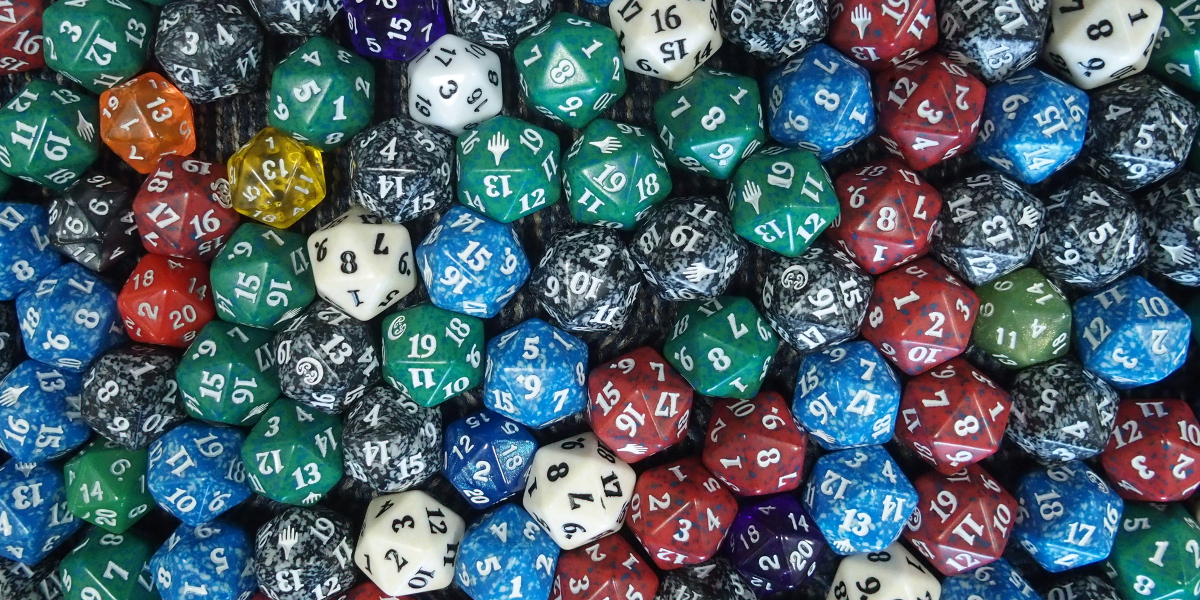No, that is the section 4 grant. In order to get the extended usage rights offered in section 4, compared to the section 9 rights, you need to follow the license exactly.
Section 4 says "to Use", which (via the definition of Use + Distribute + Derivative Material) means:
To use, reproduce, license, rent, lease, sell, broadcast, publicly display, transmit or otherwise distribute, copy, edit, format, modify, translate and otherwise create copyrighted material including derivative works and translations (including into other computer languages), potation, modification, correction, addition, extension, upgrade, improvement, compilation, abridgment or other form in which an existing work may be recast, transformed or adapted of Open Game Content.
Section 9 says "to copy, modify and distribute". "Distribute" is not capitalised - does that affect its interaction with the definition section? Assuming it does not, then that means:
To copy, modify, reproduce, license, rent, lease, sell, broadcast, publicly display, transmit or otherwise distribute.
What sorts of dealings with OGC do you think are permitted under section 4, but not under a variant licence as per section 9? To be clear, I'm not offering my own answer to that question. But I'm not persuaded that you have one either.
For instance, is a licensee permitted to
modify my OGC and then publish that modification under a variant licence, but forbidden from
improving my OGC and publishing that under a variant licence? In what way is an improvement not a type of modification? Again, I'm not offering an answer here. But I don't think you've really thought this through.



